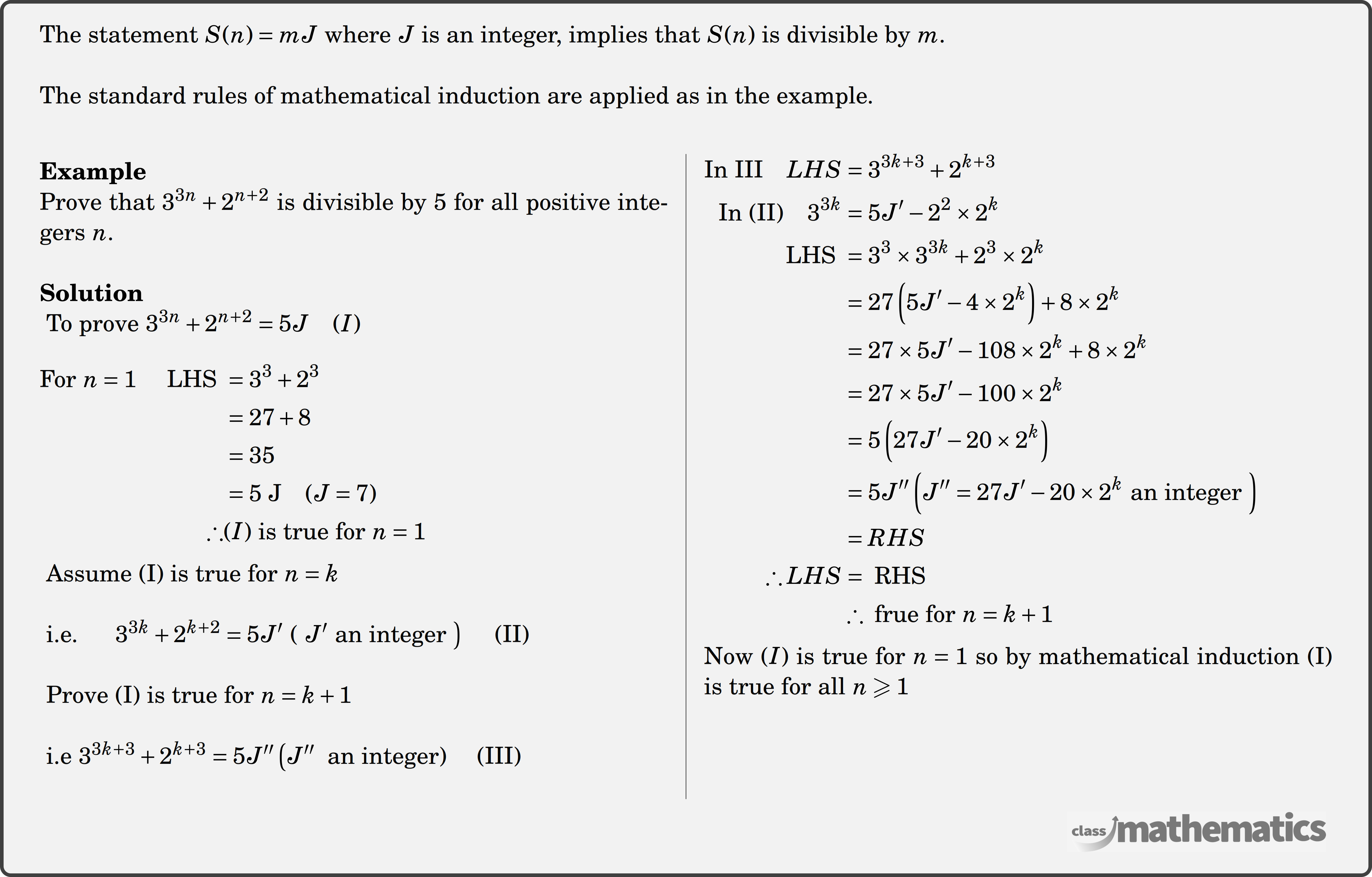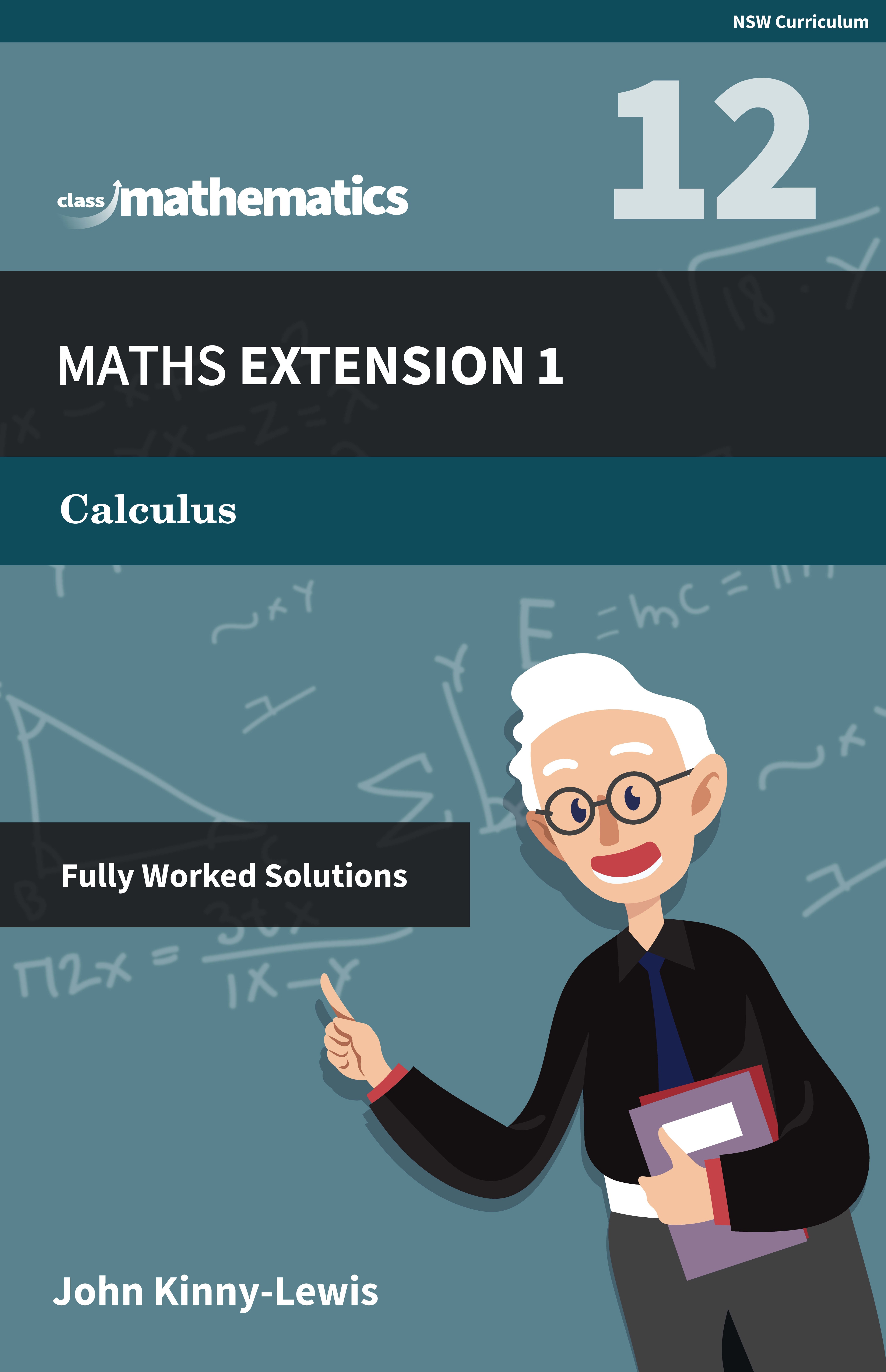Resources for Divisibility
-
Questions
15
With Worked SolutionClick Here -
Video Tutorials
1
Click Here -
HSC Questions
3
With Worked SolutionClick Here
Divisibility Theory


